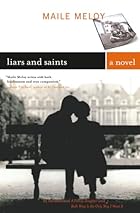One and a half million Jewish men and women and children. How was anyone to understand a number like that? Andras knew it took three thousand to fill the seats of the Dohany Street Synagogue. To accommodate a million and a half, one would have had to replicate that building , its arches and domes, its Moorish interior, its balcony, its dark wooden pews and gilded ark, five hundred times. And then to envision each man and woman and child inside as a unique and irreplaceable human being, the way he imagined Mendel Horovitz or the Ivory Tower or his brother Matyas, each of them with desires and fears, a mother and a father, a birthplace, a bed, a first love, a web of memories, a cache of secrets, a skin, a heart, an infinitely complicated brain – to imagine them that way, and then to imagine them dead, extinguished for all time – how could anyone begin to grasp it? – from The Invisible Bridge, page 536 -Andras Levi, a Hungarian Jew, finds himself full of hope and excitement on a train to Paris in 1937. He has won a scholarship to a school of architecture, an unbelievable opportunity for a Jewish man living in the shadow of war. In Paris, he nurses his art and ambition, finds camaraderie with men who will change his life, and discovers love with a beautiful ballet teacher. He misses his brothers – Tibor, a medical student who finds opportunity in Italy, and Matyas, a boy who is on the brink of becoming a man and whose carefree spirit finds joy in theater. But as Europe becomes embroiled in war, all three young men will find themselves back in Hungary and struggling to survive the labor service and the steady erosion of human rights as Hitler’s influence and power come ever closer.
Julie Orringer’s novel The Invisible Bridge is a searing, sweeping, and ultimately triumphant story about love, war, survival and the endurance of the human spirit. Andras, his brothers, their wives, their children, their parents, and the friends they discover are all wonderfully developed by the talented Orringer. Paris with its noisy bars and beautiful architecture and radiant theaters and opera houses comes alive as Orringer’s characters establish their lives and nurse their dreams of a future.
The Invisible Bridge is a heartbreaking novel – how could it be anything less? One does not have to be a student of history to know the story of the Jewish people during WWII. But in this sprawling novel, Orringer puts a human face on the tragedy and gives her readers a glimpse of an often ignored part of the story – that of the Hungarian Jews whose government allied with the Germans early on and used its people as slave labor in the war machine. The sense of inevitability is strong as Orringer builds her story. I found myself breathless, emotional, wanting to stop the march forward as Andras and his brothers and the people they love are thrust into a world beyond their control.
He wanted to believe that someone could be watching in pity and horror, someone who could change things if he chose. He wanted to believe that men were not in charge. But in the center of his sternum he felt a cold certainty that told him otherwise. He believed in God, yes, the God of his fathers, the one to whom he’d prayed in Koyar and Debrecen and Paris and in the work service, but that God, the One, was not One who intervened in the way they needed someone to intervene just then. He had designed the cosmos and thrown its doors open to man, and man had moved in and begun a life there. But God could no more step inside and rearrange that life than an architect could rearrange the lives of a building’s inhabitants. - from The Invisible Bridge, page 432 -As with all memorable works, The Invisible Bridge succeeds through its careful attention to detail, the development of its characters and the strength of its prose. Orringer has a finely honed sense of who her characters are – their fears, their vulnerabilities, their strengths, their dreams. She takes them to the edge, and then allows them to find their way back – battered, wiser, but never diminished.
There are big themes in this novel – the importance of art, the strength of familial bonds, the idea that we are but a speck in the universe being born along on a tide of which we have little control.
Of course. Why would a man not argue his own shameful culpability, why would he not crave responsibility for disaster, when the alternative was to find himself to be nothing more than a speck of human dust? - from The Invisible Bridge, page 489 -It would be easy for an author to allow these themes to sink her novel into despair. But it is a testament to Orringer’s talent that she never vacates hope and a promise for something better for her characters.
It is no surprise that I loved this novel. I loved its scope, its humanity, and its honesty. I loved Orringer’s prose, and her ability to resurrect the feel of a generation marching towards war. I loved the characters – Andras with his generous heart, Tibor with his sensitivity and Matyas with his free spirit. I loved that Orringer did not abandon me in darkness, but lifted me into the light. This is a book that adds to our understanding of history and provides insight into the human side of war. It is remarkable. And you should read it.
Highly recommended.





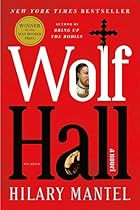








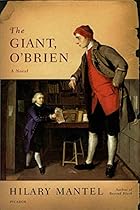






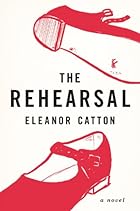





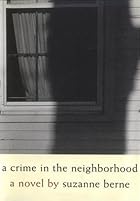
 )
)

